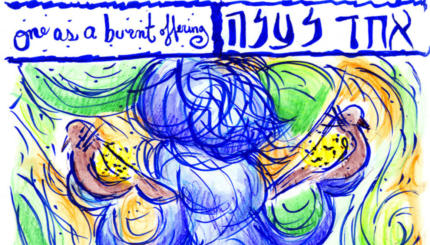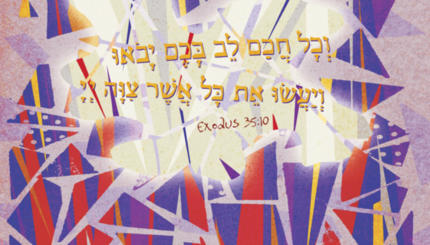My Holocaust, Tova Reich’s satirical novel, was published last month to rave reviews. Cynthia Ozick struck first, writing an extended blurb in which she called the novel “a ferocious work of serious satiric genius.”
She continued: “I believe it to be one of the most penetrating social and political novels of the early twenty-first century, next to which the last century’s Animal Farm is a mere bleat.”
My Holocaust tackles the commercialization and exploitation of the Holocaust with over-the-top characters who violate political correctness (and common decency) at every turn. (In the Holocaust Museum’s visitors’ book, a tourist writes: “I enjoyed it very much, thank you for making the Holocaust possible.”)
Sounded right up my alley, frankly.
But it turned out otherwise.
The book was lauded in the Washington Post, the Los Angeles Times, even Entertainment Weekly — but I hated it. Mind you, I almost never say that about a book. It’s hard writing novels, and of course, the only thing worse than a bad book is a malicious review. But because the book has been so widely praised — and by luminaries like Ozick — my negative two-cents can’t be too significant.
Of course, I also began to wonder: How is it that everyone loved a book that missed the mark so badly for me?
I discuss the book and some of my thoughts about it in my latest column for the Jerusalem Post, but in short: the book was too cartoonish for me. It’s so outlandish, so over-the-top that it seems firmly rooted in some alternate reality. It’s satire, of course, and I understand that, but, as I write in my column: “no matter how bombastic, satire must be tethered to the real world in some way. It must reference a reality we know in order to enlighten us with its absurdist twists.”
The Jewish American use — and misuse — of the Holocaust is ripe for satire, and yet somehow Reich’s prose doesn’t ring true.
Of course, I’m perfectly open to the possibility that the book is great for some people and just didn’t work for me, but it seemed to miss the mark so much that I began to wonder: Is it safer to love this book?
despite all the novel’s heresies, lauding the book may be the easy option. We want to believe that Reich has transcended political correctness and revealed new truths about human motivations, because if she hasn’t, she’s taken hutzpa to an altogether new place.


